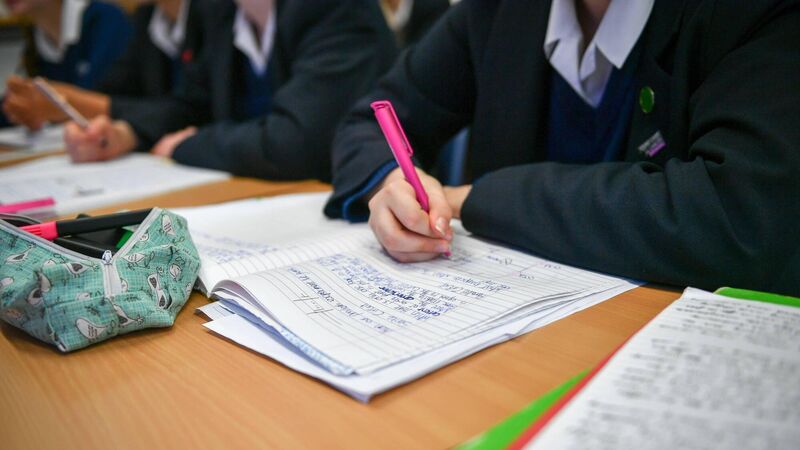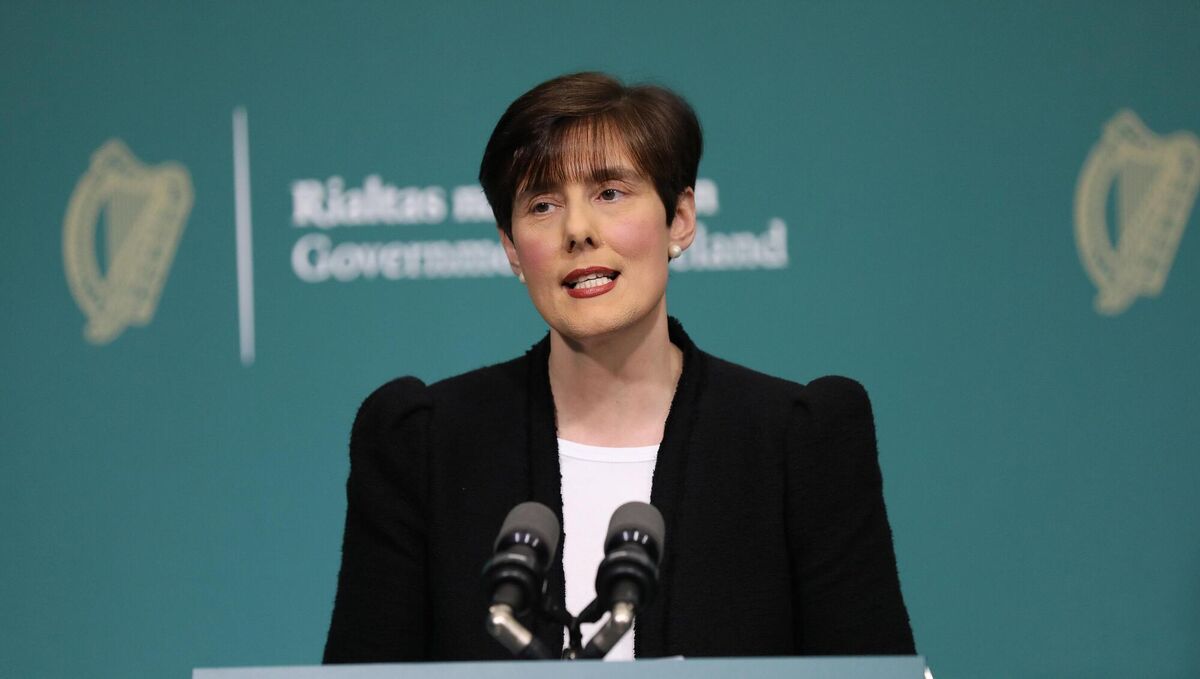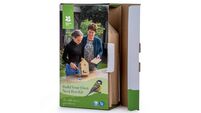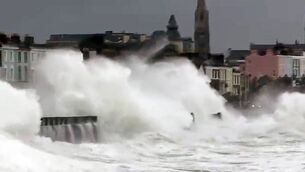Curriculum does not normalise use of pornography, says minister

The new Social, Personal and Health Education (SPHE) curriculum does not expose children to graphic or explicit content or normalise the use of pornography, according to Education Minister Norma Foley.
It follows claims that the new course will expose young people to inappropriate sexual materials as part of lessons.
A video featuring claims by a teacher that the new curriculum expects teachers to expose students to graphic, sexually explicit materials in the classroom has now been viewed more than 430,000 times.
In the video, the teacher describes how attendees have been shown graphic imagery, including a "sex map" and a female cartoon masturbating, as part of training for the new SPHE course.
However, any suggestion that teachers would be expected to teach or introduce explicit content or topics is false, Ms Foley said in response to a parliamentary question.
“The curriculum categorically does not expose children to graphic or explicit content or normalise the use of pornography," she said.

“On the contrary, key messages would be that pornography is not a good place to go to learn about sex, that it can be disturbing, and even damaging for young people, and that it is incompatible with values of human dignity, respect, and gender equality.”
Last week, Ms Foley faced opposition from party colleague, Minister for State Seán Fleming, who called for teacher training material to be removed.
More than 1,000 teachers have attended training with teacher education support service Oide aimed at preparing teachers of SPHE and relationships and sexuality education (RSE) for Junior Cycle SPHE.
The minister is aware of the video circulating suggesting that teachers will be expected to introduce certain explicit and inappropriate topics and materials in the classroom.
“DCU have confirmed this is categorically not the case.”
As part of the training, teachers participating in the DCU programme are involved in critical exploration of resources and content related to SPHE, she added.
This includes examples used internationally as well as materials accessed by children and young adults directly.
“These materials are not intended for use in the classroom but to support teachers in discussing difficult and sensitive topics as they arise.
“As such, the material studied and viewed by teachers on the course is provided to them as adults and it is clearly understood that no inappropriate graphic or explicit material should ever be used in a classroom.”
Work to modernise RSE in Ireland has been ongoing since 2018.
This is the first major review of RSE since the 1990s.
Work began with junior cycle SPHE.
Recently, Ms Foley approved an updated SPHE curriculum for senior cycle.
RSE is a mandatory part of the SPHE primary school curriculum.
Schools are required to teach all aspects of the RSE programme, including family planning, sexually transmitted infections, and sexual orientation.
While a school's ethos should not stop the subject from being taught, it may influence how the content is treated.












